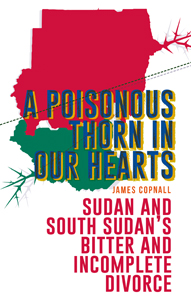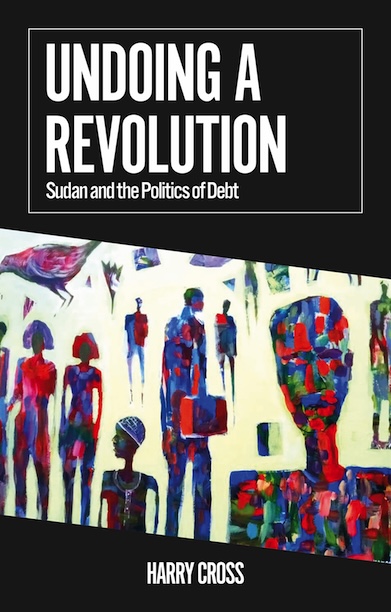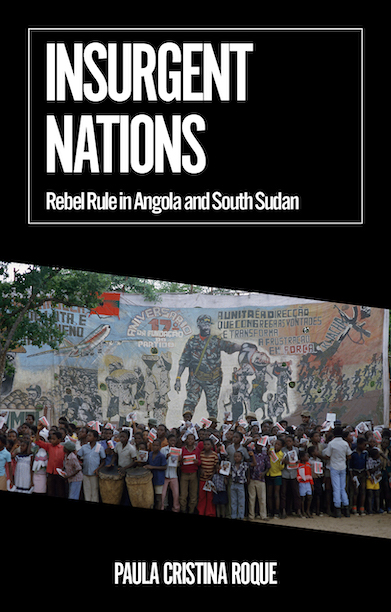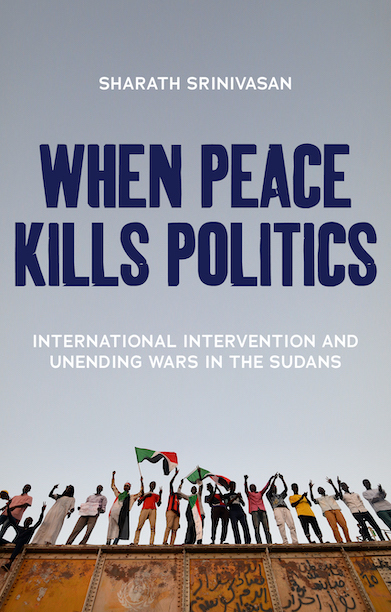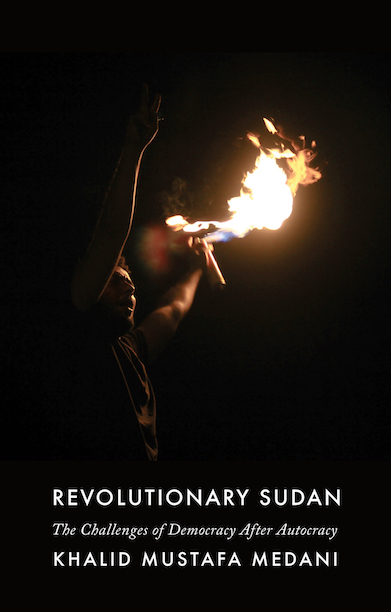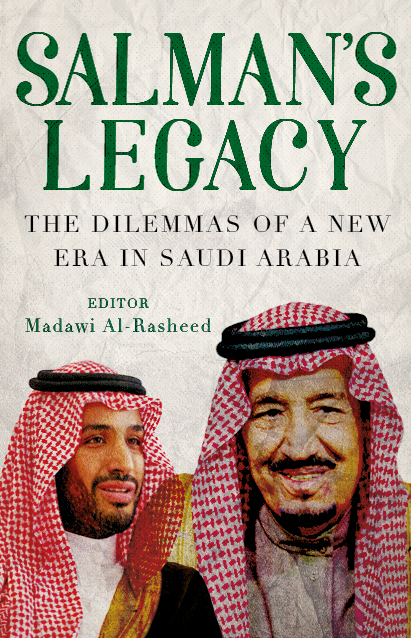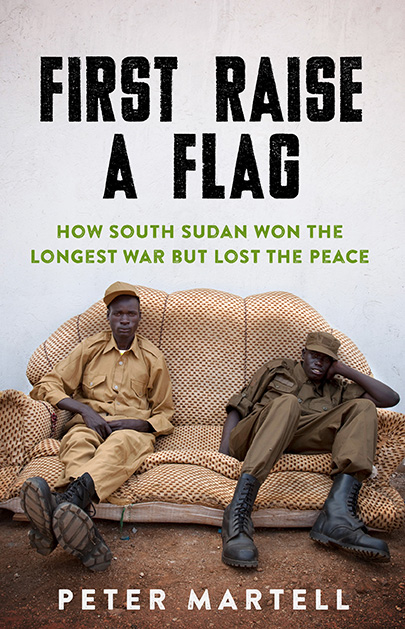A Poisonous Thorn in Our Hearts
Sudan and South Sudan’s Bitter and Incomplete Divorce
‘A first-hand account [that] offers an even-handed, insightful perspective on the creation of South Sudan and a bleak assessment of its future.’ — Financial Times
Description
What happened after Africa’s biggest country split in two? When South Sudan ran up its flag in July 2011, two new nations came into being. In South Sudan a former rebel movement faces colossal challenges in building a new country. At independence it was one of the least developed places on earth, after decades of conflict and neglect. The ‘rump state’, Sudan, has been debilitated by devastating civil wars, including in Darfur, and lost a significant part of its territory, and most of its oil wealth, after the divorce from the South. In the years after separation, the two Sudans dealt with crippling economic challenges, struggled with new and old rebellions, and fought each other along their disputed border.
Benefiting from unsurpassed access to the politicians, rebels, thinkers and events that are shaping the Sudans, Copnall draws a compelling portrait of two misunderstood countries. A Poisonous Thorn in Our Hearts argues that Sudan and South Sudan remain deeply interdependent, despite their separation. It also diagnoses the political failings that threaten the future of both countries. The author puts the turmoil of the years after separation into a broader context, reflecting the voices, hopes and experiences of Sudanese and South Sudanese from all walks of life.
Reviews
‘A new internal war in South Sudan, now in its fifth month, has forced hundreds of thousands of people to flee their homes. … These unfolding events are deftly forecast by James Copnall in his new book A Poisonous Thorn in Our Hearts. … Copnall gives a clear-headed and compassionate account of events leading up to and after the creation of South Sudan a year earlier, and what it means for what remains of Sudan. … Measured and understated.’ — The Economist
‘A first-hand account [that] offers an even-handed, insightful perspective on the creation of South Sudan and a bleak assessment of its future.’ — Katrina Manson, Financial Times
‘A clear, lucid and comprehensive book [that] fills an important gap by explaining these two countries. … Copnall is measured, perceptive and notably fair-minded.’ — David Blair, The Telegraph
‘Copnall’s thoughtful approach […] offers a compelling picture of the complex ways in which people’s interests and aspirations are interwoven, and sometimes conflict, across the Sudans … An excellent book.’ — Times Literary Supplement
‘Interesting and informative. … Just about everyone gets a word in, from the politicians, to cattle herders, to rueful southern intellectuals contemplating the chaos that southern independence has brought, to tough fist-fighting local governors, to tea ladies in the market. …This account of the secession of South Sudan makes good on its claim to portray one of the world’s most interesting places.’ — The Spectator
‘The devastating effect of Sudan and South Sudan’s incomplete divorce is brought to life through characters whose lives have been shattered by it. … An exhaustive and perceptive book.’ — Brian Adeba, The East African
‘Copnall has detailed knowledge of these two countires and he brings the story and the personalitis alive and has arranged the material in an accessible way … ably describ[ing] the politics, economics, complex ethnic divisions, personalities, and international context before and after the comprehensive peace agreement of 2005.’ — Nigel Watt, Chartist
‘This thoughtful read attempts to explain a complex conflict from root to tip, and readers must not shy away from the bleak and complicated truth. Copnall makes the journey worthwhile with well structured, captivating but realistic storytelling. … Firsthand accounts authenticate memories, and research and numbers bolster his reasoning. Copnall doesn’t dumb down the truth for his readers, but he does include personality that wouldn’t be found in a traditional history book.’ — United to End Genocide
‘With sharp eye-witness reportage and interviews from across the political spectrum, Copnall explains why South Sudan’s liberation war cost so many lives, and why the Juba government is now mired in political chaos. … This is a compelling guide to the complexities and hopes of the two Sudans [and is] refreshingly free of the easy and often self-interested assumptions that pepper so many foreign accounts of Sudan’s tortuous times.’ — Africa Report
‘…Copnall proves himself to be a skilful narrator in examining the disappointments of the first 30 months of South Sudanese independence…A Poisonous Thorn in Our Hearts is a welcome contribution to a vibrant library of academic and non-academic works on one of the world’s most fascinating and disturbing polities.’ — Think Africa Press
‘…a clear and concise examination of the two nations’ interdependence. [Copnall] writes sensitively, moving with ease from broader political, economic and security issues to more personal stories […] and deftly exposes the roots of the present conflict threatening South Sudan.’ — Anthea Pitt, Petroleum Economist
‘This well-written, detailed and, to a very great extent, first-hand account of the relationship between the two Sudans sets out clearly and without either unnecessary complication or misleading simplification the real picture that there are many more than two Sudans. …. I would urge all those who have an interest in the Sudans and in how the conflicts there are linked with those of East and Central Africa to read this book. It is also an excellent work for those studying or wanting to know more about Africa generally as it effectively cuts through the over-simplifications that dominate media coverage and while not necessarily providing all the answers, it certainly asks all the right questions.’ — Keith Somerville, Senior Research Fellow at the Institute of Commonwealth Studies, University of London, africajournalismtheworld.com
‘James Copnall’s book takes the reader beyond oversimplifications to explain the often complex history, cultures, politics, and economics that underlie the conflict between Sudan and South Sudan, and the crises that each nation continues to face. Especially pleasing is that he brings these issues to life, allowing the voices of Sudanese to come through, from tea ladies and cattle herders to ministers and politicians. The book could not be timelier. The Sudans continue to absorb the attention of the international community, and this is the perfect guide to understanding what it is all about.’ — Ambassador (ret) Princeton N. Lyman, U.S. Special Envoy for Sudan and South Sudan 2011-2013
‘This book gives you all you need to understand why South Sudan imploded in violence so soon after independence: unresolved trauma from decades of war; complacency and impunity within the bloated southern army; and, not least, the treachery and mutually exclusive ambitions of Juba’s leading politicians. Copnall exposes the lazy shortcuts of 24-hour news by tramping the ground where history was made, quizzing leading players and ordinary citizens in both Sudan and South Sudan, to explore the real cost of secession and ask: what price freedom?’ — Fergus Nicoll, journalist and author of The Mahdi of Sudan
‘The joyful birth of the Republic of South Sudan on 9 July 2011 proved to be a false dawn. A day-to-day witness of the events that then unfolded, James Copnall provides a compelling first-hand account of South Sudan’s troubled independence, alongside the bitter aftermath of secession in northern Sudan.’ — Alex de Waal, Executive Director of the World Peace Foundation and Research Professor at the Fletcher School, Tufts University
‘James Copnall is one of the finest reporters the BBC has sent to East Africa over the years. His journalism is defined by the roundedness of his in-depth reporting of the social, political, economic and cultural nuances of events — an approach that is brought to bear in this impressive book. Copnall sheds light on issues that are still being debated between and within the two countries, and his book provides a useful tool for observers and for those seeking to make this divorce the most civil it can be.’ — Jok Madut Jok, Executive Director of the Sudd Institute and co-editor of The Sudan Handbook
‘This excellent book unravels with skill and precision the messy web currently entangling the Sudans. Immensely readable, patiently researched, balanced and people-centered — it succeeds on every level.’ — Leila Aboulela, Sudanese novelist and winner of the Scottish Book Awards
‘A Poisonous Thorn in Our Hearts merges fact with humanity, giving a face and a voice to the often harsh realities of this region. In doing so, this book provides a comprehensive introduction to this challenging and evolving context.’ — International Affairs
‘Copnall’s many interviews with officials and ordinary people on both sides lend the book real authority and a sense of genuine empathy for the people of the two Sudans.’ — Foreign Affairs
‘As the BBC’s Sudan correspondent between 2009 and 2013, Copnall’s deep experience of Africa broadly, and the Sudan in particular, shows through in the number of interviews conducted with politicians, rebels, and thinkers, reflecting a broad range of opinions and insights. Readers of this volume are therefore well placed to draw their own conclusions on Sudan and South Sudan, based on a wealth of evidence. The work is useful as a primer to what is a complex and dynamic subject. … [I]n explaining the current Sudanese political landscapes Copnall goes beyond the oversimplified concepts of Muslims versus Christians, North versus South, and the insular ‘tribal’ groupings, and concentrates on a plethora of social, political, and security threats.’ — African Affairs
Author(s)
James Copnall is the BBC's Africa Editor. He was the BBC Sudan correspondent from 2009-12, covering South Sudan's independence, the Darfur war, rebellions, and clashes between the Sudans. He has reported from over 20 African countries.
